The Fascinating Tale of Magna Graecia: Greeks in Southern Italy
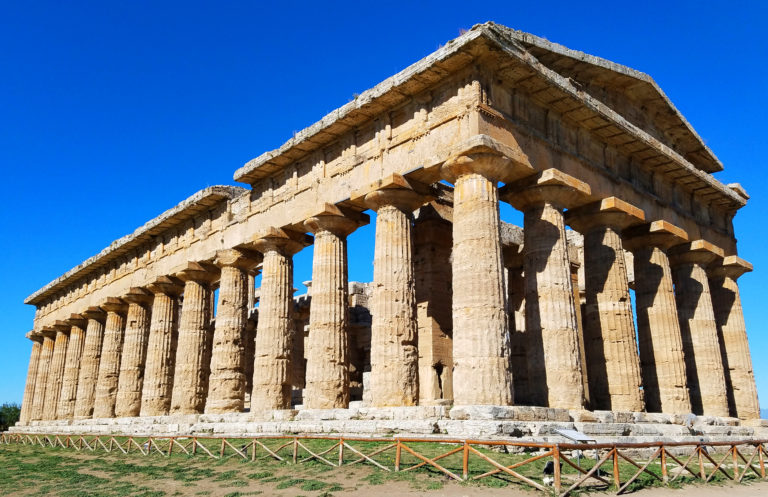
Have you ever heard about the ancient Greek colonization of Southern Italy? Centuries ago, a significant portion of Italy’s south belonged to the Greeks. The residents of this region (present-day Calabria) were called Italiotai by the Greeks which eventually lead to the entire peninsula being called Italy. That’s right! The entire country of Italy got its name from the vast areas of the south that were under Greek domination. The Romans later dubbed this land Magna Graecia (Greater Greece) because of the extensive Grecian presence. This article gives you an insight into this ancient world, where rich cultures and religions resided in harmony up until the Romans conquered the land.
Magna Graecia: The Origins of Greeks in Italy
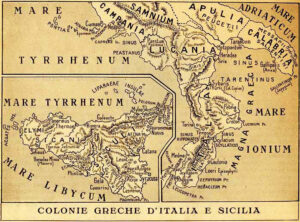
Just to reiterate Magna Graecia (or Megale Hellas) refers to the coastal regions of Southern Italy. The original colonies started from the Euboean settlement of Cumae (the first Greek settlement on mainland Italy) and extended to the Spartan colony of Tarentum which was famous for coin making. These areas were colonized in 740 BC and 706 BC, respectively. Historians claim that Heraclea (circa. 433 BC) was the last colony formed under Greek rule.
Other colonies include:
- Sybaris (established in 720 BC)
- Croton (established in 710 BC)
- Tarentum (established in 706 BC)
- Elea (established 540 in BCE)
- Thurii (established 443 in BCE)
Why Did the Greeks Move To Southern Italy?
Greek colonists traveled abroad in search of fertile land, trade opportunities, and a better life. The southernmost regions of Italy happened to have all they were looking for in abundance. This area became a melting pot of Greek, Phoenician, and Etruscan cultures. The geographical location of Greece and its close proximity to Southern Italy made it very appealing for those looking for adventure and a better way of life. Over time, the Greeks claimed Magna Graecia as a territory of Greece. More importantly, residents from the area were allowed to actively participate in the Olympic Games that Greece is so very famous for. Great Greece became a center of philosophy, mathematics, music, astronomy, and even gave birth to the Pythagorean theorem by the great mathematician Pythagoras who was exiled from Greece to what is now present-day Calabria.
The End of an Era
Nevertheless, battles with Romans and internal politics caused the unity between these colonized regions to deteriorate by the end of the fifth century. As the years passed, conflicts with other groups grew. One example would be the Oscan tribes from what today is known as the Campania and Lazio regions. Also, invaders from the northernmost regions of Italy began to pose a big threat to the Magna Graecia territories. They took over fertile lands, conquered cities, and absconded with the vast riches that Great Greece possessed. Eventually, all this led to the demise of the Greek colonies. Once the Romans arrived there was no stopping them. Roman eventually seized all major cities of Magna Graecia and took total control of the entire region.
Interesting Facts about Magna Graecia
Magna Graecia remains shrouded in mysticism for many. Here are some facts to help you have a better understanding. These nuggets of information are sure to be of interest to history buffs and non-history buffs alike.
The Center of Greek Civilization
Historians consider Magna Graecia as an essential part of Greek culture in Italy. Croton,(Calabria) holds the reputation of producing the best Greek physicians (i.e. Democedes of Croton and Calliphon of Croton). It was also home to athlete Milo who was the most admired wrestler in all antiquity. This six-time Olympian champion was a phenomenal athlete and ferocious warrior. Other notable people include the famous mathematicians Archimedes from Sicily and Pythagoras.
Relics from the Past
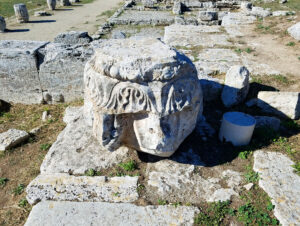
Modern Southern Italy has become an archeologists’ treasure trove for Grecian relics and temples. For instance, seven well-preserved Greek temples are located at the Valley of Temples in Agrigento, Sicily, and three more magnificent temples can be seen at the Archaeological Park of Paestum. Both archaeological parks are UNESCO World Heritage Sites. It is said that the most well-preserved ancient Greek temples can be found in Italy’s Magna Graecia and not Greece.
Apart from this, a linguistic trace of Magna Graecia still survives today in the form of Griko. This Greek dialect is spoken by locals in certain areas of Puglia and Calabria. These communities are direct descendants of the ancient Greek colonializations.
In a Nutshell
As you can tell from this article there are plenty of educational things to learn as you learn about the Magna Graecia time period. This area of Italy has a very dynamic and important connection to its Greek roots. Great Greece inevitably gave birth to the name Italy which eventually was used as the name for the entire “boot-shaped” peninsula. Also, let’s not forget the extraordinary culinary and cultural traditions of Southern Italy that derived from the area’s ancient Greek past. The Magna Graecia is a remarkable story! Creating boutique culinary and cultural tours in Southern Italy is our specialty. All of us at Tavola Tours are ready to take a BIG step back in time with you. And together we’ll learn about and taste Italy’s ancient Greek past.
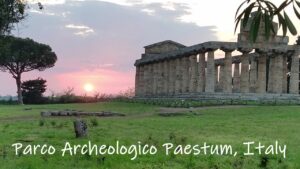
Keep coming back to this website and stop by the Tavola Tours, Facebook page for more travel and Magna Graecia inspiration!
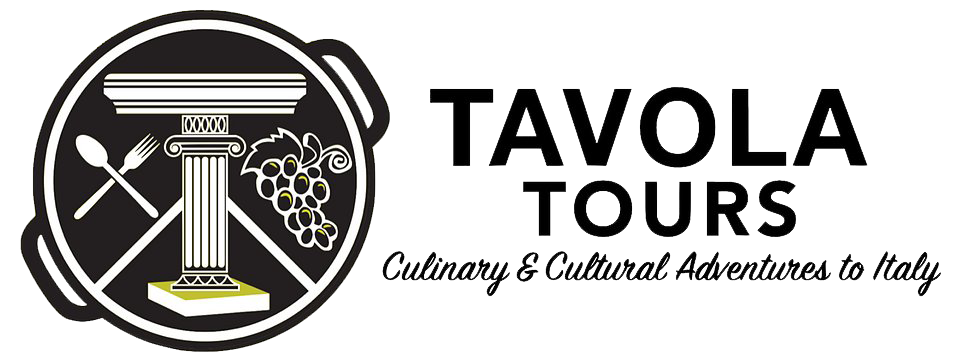
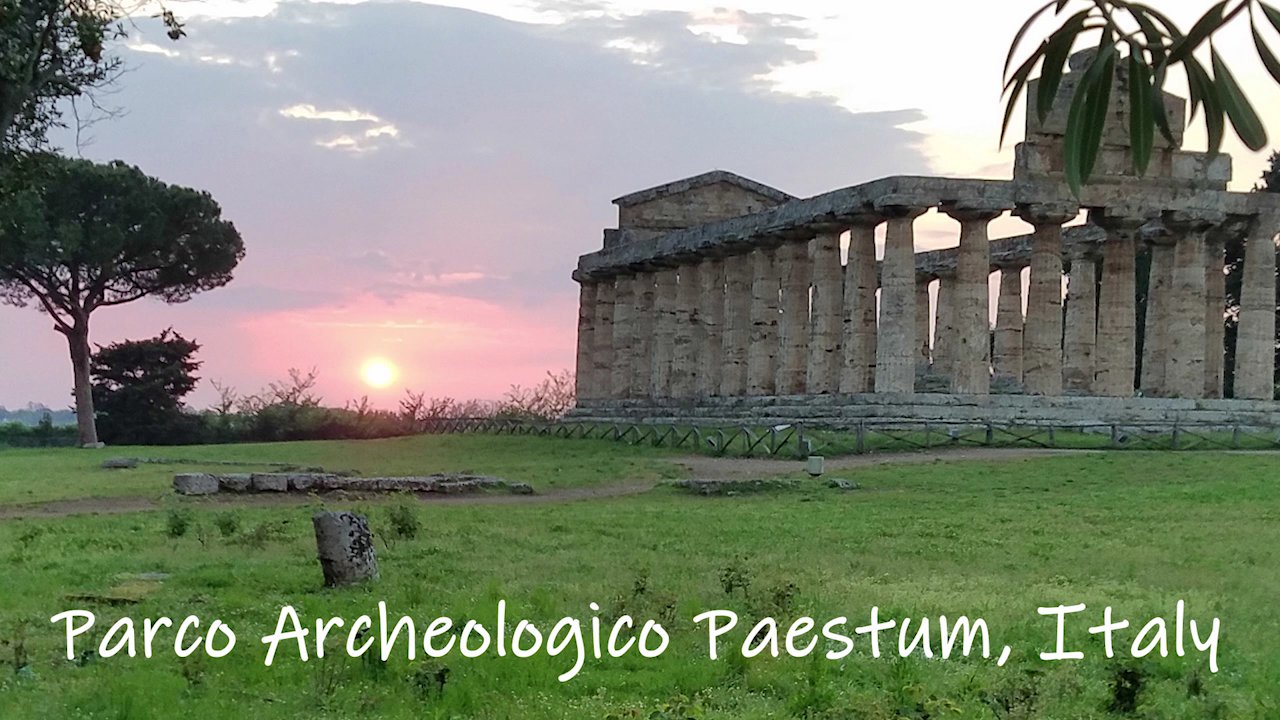
It’s an interesting fact that the name Italy was born from the Greek conquest of Calabria. I really enjoyed this post. I’ve always found the ancient Greek influences in Southern Italy to be fascinating.
Ciao Mariana,
Thank you for your comment. Yes, it’s a very interesting fact as to how the region of Calabria ultimately gave the country of Italy its name. Keep coming back for more updates on future tours and Magna Graecia inspiration.
Tavola Tours